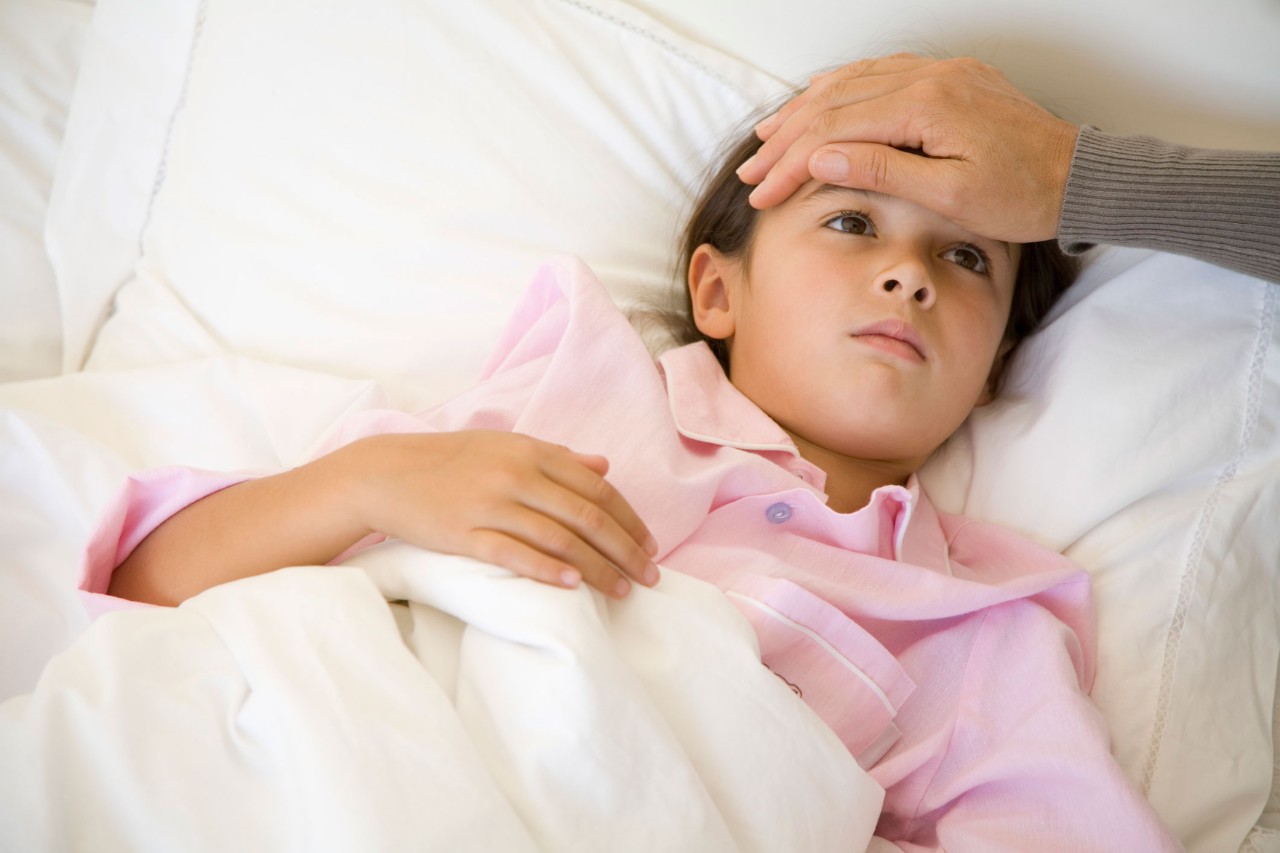Should You Feed a Cold and Starve a Fever?

Actually, you want to stay away from certain foods when you’re sick.
The adage, “Feed a cold, starve a fever,” goes back to a 1574 dictionary, which noted that “fasting is a great remedy of fever.” Eating helps the body generate warmth when you’re cold, so it made sense to think fasting would help you cool down when feverish.
Actually research suggests that your best move is to stay away from sweets when you’re sick, but to eat something, especially if you have a virus.
People often lose their appetite when they’re ill, and Ruslan Medzhitov, an immunologist at Yale University, and his team wondered if fasting helped the body recover. So they infected mice with either food poisoning or a flu virus. All the mice lost their appetite. Some were force-fed. After 10 days, among the mice with the bacterial infection, any that had been force-fed had died. But if they hadn’t been force-fed, more than half survived. So feeding an infection was clearly bad for mice.
On the other hand, the vast majority of the mice with the flu who were force-fed survived. If they weren’t fed, only 10 percent made it. So feeding mice with the flu saved them.
YOU MIGHT ALSO LIKE: Bronchitis Symptoms
A 2002 study in humans backed up this result, concluding that eating stimulates a kind of T-cell, the immune system’s fighters, needed to beat viruses, and fasting led to more of a T-cell that fights dangerous bacteria.
The Medzhitov team looked into their finding further and pinned down glucose as the dangerous food for mice with an infection. Eating protein or fat was okay. It turned out that glucose made it harder for the mice to withstand the stress of the infection, said Janelle Ayres, an immunomicrobiologist at the Salk Institute in La Jolla, Calif., who was not on the study team.
So what should you consume when you’re sick? Whenever you have a fever, whether it’s caused by a virus or bacteria, follow the old idea to “Drink lots of fluids.” Sometimes you don’t want to pick up your head — but do so anyway. Fever dehydrates your system, in part because you sweat more. Dehydration also dries out the mucus in your nose, throat, and lungs, which can then clog sinuses and respiratory tubes. You want to keep the mucus running, not gathering. Avoid black tea and coffee because caffeine is dehydrating. So is alcohol, despite all those recipes for hot toddies. Hot showers and vaporizers can help clear your nose.
Skip the honey in your tea and other sweets, especially if you could have a sinus infection. If you normally eat lots of sugar and crave sweetness, you might try stevia, ribose, or a piece of fruit. Too much sugar in your diet is risky over the long term; it has been linked to colon and breast cancer, and other cancers, depression, high blood pressure, diabetes, and kidney and heart disease.
Chicken soup does have a mild anti-inflammatory effect, some research concluded. And capsaicin, the ingredient in hot peppers, is a natural decongestant. Peppermint and ginger tea both can soothe an upset stomach.
As for supplements, the data about taking vitamin C is inconclusive. There’s little support for Echinacea, another popular remedy. About 75 mg of zinc in a lozenge or syrup may shorten the duration of colds by a day if you take it within 24 hours of the first cold symptom. But zinc can actually impair your immune system when taken every day in higher doses. Skip Airborne and other formulas that contain a medley of supposed cold cures, including vitamin A.
Let your fever run its course. Keep up the fluids, and rest as much as you can.
YOU MIGHT ALSO LIKE: Hand Washing Helps Control Community Infection Outbreaks
Updated:
March 20, 2020
Reviewed By:
Janet O’Dell, RN